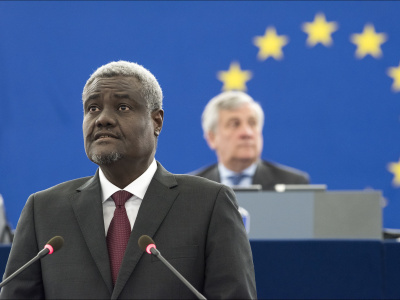
The Complexities of Regional Infrastructure Planning – Political Economy of Regional Integration in Southern Africa Series
This study is a part of the Political Economy of Regional Integration in Southern Africa Series.
Integrating infrastructure is a giant leap on the continuum towards deeper regional integration, allowing for better economies of scale and the development of cross-border public goods. Transport corridors (road and rail), airports and seaports link countries physically, politically and economically, and also provide global market access. Transport infrastructure is often linked to other regional infrastructure projects in energy, communications, and water and sanitation. The political-economy perspective considers how various players influence the national and regional decision-making context, and what impact their actions (or lack of action) have on the integration agenda. The infrastructure sector is certainly a catalyst for promoting long-term sustainable development of the region. The success of this relies on willing and competent institutions, political support at the highest level, a community of citizens who understand the rationale for integration, and the need for infrastructure investment and private-sector partners who come to the table with greater ambitions than simply the ‘large profit’ motive.



